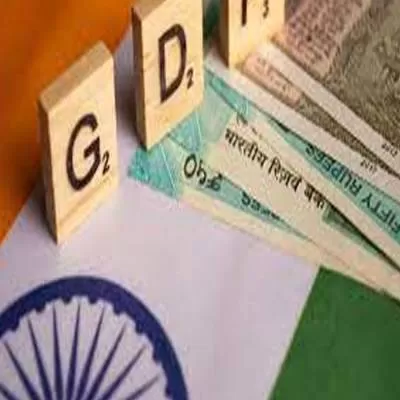

Pakistan's economic landscape is currently experiencing significant turbulence, marked by a notable decline in GDP growth. According to recent reports released by the Pakistan Bureau of Statistics (PBS), the country's GDP growth rate has plummeted to 1.5% in the fiscal year 2023-24, down from 3.9% in the previous year. This substantial downturn has raised concerns among economists and policymakers alike, pointing to underlying structural weaknesses and external pressures impacting the nation's economic stability.
Key factors contributing to Pakistan's economic slowdown include persistent inflationary pressures, fiscal imbalances, and a widening current account deficit. High inflation rates, hovering above 10%, have eroded purchasing power and strained household budgets, posing challenges for domestic consumption and investment. Furthermore, the government's struggle to manage fiscal deficits has resulted in mounting debt levels, limiting the capacity for proactive fiscal stimulus measures.
External factors, including geopolitical tensions and global economic uncertainties, have further exacerbated Pakistan's economic challenges. Regional instability, particularly heightened tensions with neighbouring India, has weighed on investor confidence and hindered efforts to attract foreign direct investment (FDI). Additionally, the ongoing COVID-19 pandemic continues to disrupt economic activities, posing additional hurdles to recovery and growth.
Despite these challenges, Pakistan remains committed to implementing structural reforms aimed at revitalising the economy and fostering sustainable growth. The government has outlined a comprehensive reform agenda focused on improving fiscal management, enhancing revenue mobilisation, and promoting private sector participation. Initiatives to address energy shortages, streamline regulatory frameworks, and boost export competitiveness are also underway, aimed at bolstering long-term economic resilience.
However, the road to economic recovery remains fraught with obstacles, requiring concerted efforts from both government authorities and stakeholders across various sectors. Addressing structural impediments, fostering innovation, and prioritising inclusive growth are paramount to navigating the current economic downturn and laying the foundation for a more prosperous future for Pakistan.